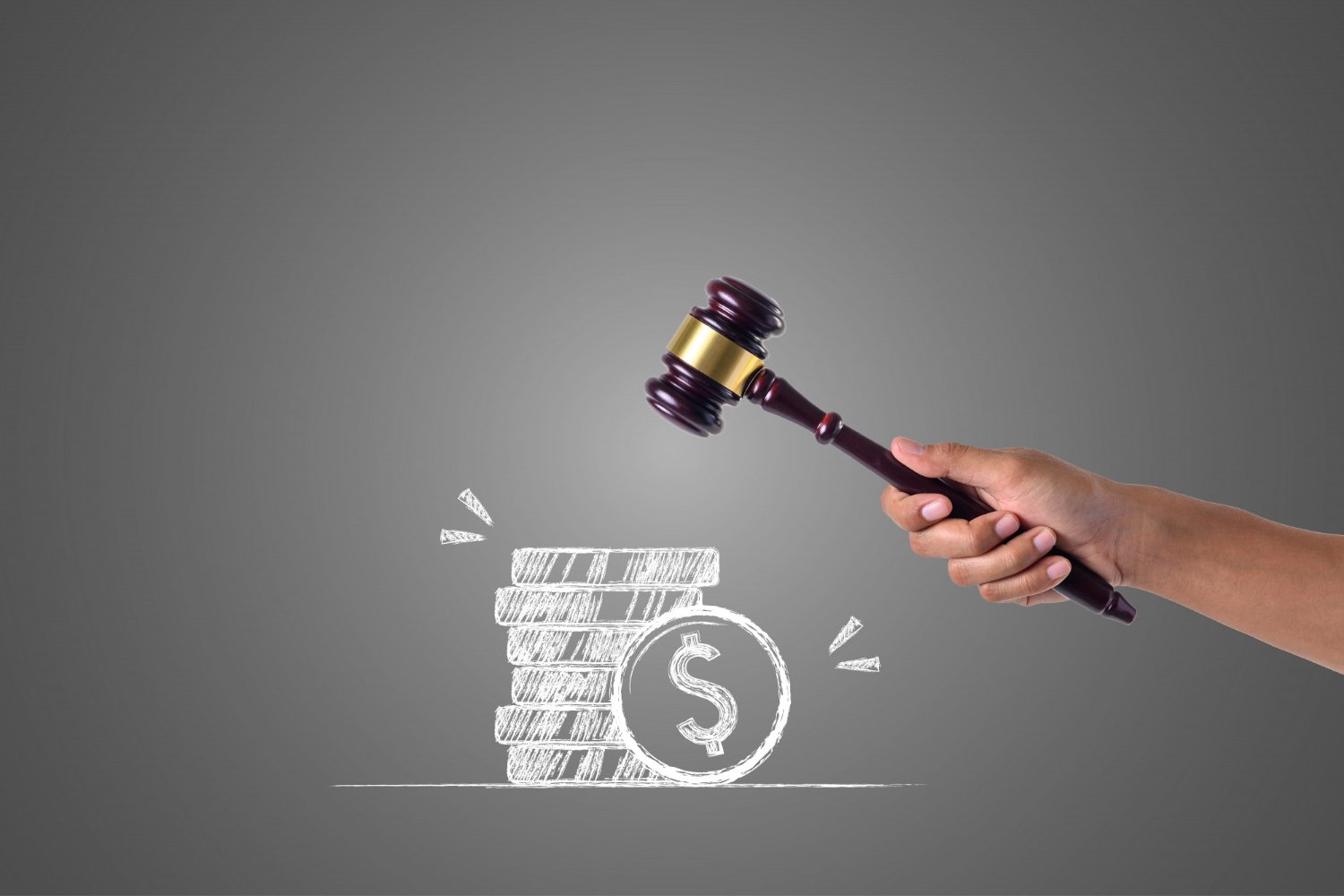

Tech giant Google has landed itself in hot waters with French authorities after being slapped with a massive $270 Million fine over its usage of published content in its AI platform Gemini. The French competition authority- the Autorité de la Concurrence- has put in question Google’s use of news publishers’ content without proper compensation.
The regulatory body discovered that Google had broken past agreements it had made with French news organizations about fairly compensating them for the reuse of their copyrighted content, which led to the latest penalty. The fact that this ruling specifically challenges Google’s use of news information to train their generative AI model Bard—which has now been renamed Gemini—makes it even more significant.
In essence, the problem stems from Google’s neglect to inform content creators that their work was being included into Bard’s artificial intelligence portfolio. This contradicts the company’s prior promises to maintain openness and equitable discussions around content repurposing.
According to the Autorité’s decision, Google violated its agreements by failing to notify publishers about this use of their intellectual works for AI training. The authority maintains that this issue is still open from a legal perspective, despite the tech company’s contention that such usage is covered by acceptable text and data mining exclusions.
In addition to the AI content issue, the competition watchdog listed several other complaints about Google’s behavior. These include failing to accurately evaluate indirect income sources, imposing arbitrary compensation levels that discriminated against smaller publishers, and being opaque about pay procedures.
The dispute stems from 2019 EU copyright laws that required news aggregators like Google News to adequately compensate writers and expanded rights to news headlines and excerpts. Due to Google’s efforts to break French law, the competition authority first intervened, which resulted in escalating penalties and obligations.
This case highlights the growing legal complications around data usage and intellectual property rights as the AI revolution accelerates. Content providers are becoming more aware of the necessity of ensuring equitable compensation and supervision due to the generative AI models’ ravenous appetite for training data.
Finding the correct balance between innovation and adherence to copyrights will be a continuous struggle for Google and its competitors as regulatory scrutiny increases. The significant French penalty is a clear warning that, in this new frontier, acquiring material carelessly may be expensive.
Image Credit: Freepik



